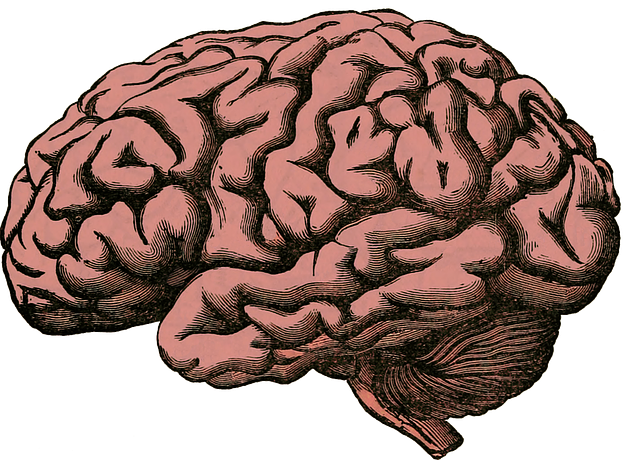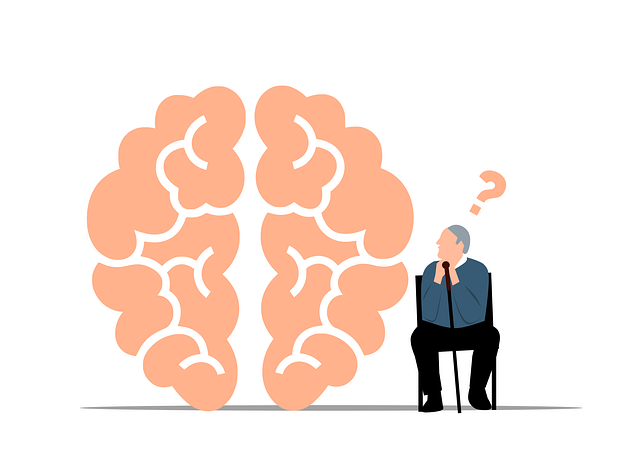Emotion regulation techniques, vital for today's stressful world, are championed by Superior Grief Counseling Therapy (SGCT). This approach teaches individuals to process and manage intense emotions, fostering resilience against loss and trauma. SGCT focuses on practical strategies for identifying and regulating emotional responses, benefiting healthcare providers in high-stress situations. By integrating these skills into programs like Stress Management Workshops, participants gain tools to prevent burnout and enhance self-esteem. These techniques empower emotional intelligence development, enabling individuals to adaptively respond to diverse situations and heal during challenging times.
Emotion regulation techniques are essential tools for enhancing mental well-being and improving quality of life. This article delves into the art and science behind these techniques, focusing on superior grief counseling therapy as a cornerstone of emotional intelligence development. We explore understanding emotion regulation, the specific role of grief counseling, and implementing effective strategies for optimal results in therapeutic settings. By mastering these skills, individuals can navigate life’s challenges with resilience and emotional agility.
- Understanding Emotion Regulation Techniques
- The Role of Grief Counseling in Teaching Emotional Intelligence
- Implementing Effective Strategies for Superior Results in Therapy
Understanding Emotion Regulation Techniques

Emotion regulation techniques are essential skills to learn and master, especially in today’s fast-paced world where stress and anxiety are prevalent. These techniques offer a powerful tool for individuals to navigate their emotional landscape effectively. By understanding and managing emotions, people can improve their overall well-being and quality of life. Superior Grief Counseling Therapy is one such approach that focuses on helping individuals process and regulate intense emotions, fostering resilience in the face of loss and trauma.
The concept involves teaching practical strategies to identify and manage emotional responses, which can be particularly beneficial for healthcare providers dealing with high-stress situations. Stress Management Workshops Organization often emphasizes these techniques as part of their programs, aiming to equip participants with tools to prevent burnout. Additionally, self-esteem improvement is a significant aspect, as positive emotional regulation can enhance one’s sense of self and overall confidence in handling life’s challenges.
The Role of Grief Counseling in Teaching Emotional Intelligence

Grief counseling plays a pivotal role in teaching emotional intelligence by providing individuals with powerful tools to navigate and understand their feelings. This therapeutic approach, often considered superior grief counseling therapy, goes beyond mere bereavement support. It equips people with the skills to identify, process, and manage a wide array of emotions, a fundamental aspect of emotional intelligence. Through structured guidance, participants learn to recognize triggers, develop healthy coping mechanisms, and enhance their ability to respond adaptively in various situations.
Integrating grief counseling into emotional intelligence training is particularly beneficial for healthcare providers. In the face of high-stress environments like hospitals, where burnout prevention strategies are essential, superior grief counseling therapy offers crisis intervention guidance tailored to their unique challenges. By fostering cultural competency training among healthcare professionals, they can better serve patients while safeguarding their own mental well-being, thereby contributing to a more compassionate and resilient healthcare system.
Implementing Effective Strategies for Superior Results in Therapy

Implementing effective emotion regulation techniques is key to achieving superior results in grief counseling therapy. By teaching clients practical strategies, therapists empower them to navigate intense emotions and promote mental wellness. One powerful tool is mental wellness journaling exercise guidance, which allows individuals to process their feelings, track progress, and gain insights into their emotional patterns. This self-reflective practice boosts confidence and fosters a sense of control over one’s emotional well-being.
Additionally, crisis intervention guidance plays a pivotal role in enhancing the therapeutic experience. Equipping clients with quick coping mechanisms for sudden emotional crises enables them to manage distress effectively. Through combining these strategies, superior grief counseling therapy becomes more accessible and impactful, helping individuals heal and thrive even during challenging times.
Emotion regulation techniques, as explored through understanding, counseling, and effective strategies, play a pivotal role in enhancing emotional intelligence. The integration of superior grief counseling therapy, specifically tailored to address these techniques, can profoundly impact individuals’ ability to navigate life’s challenges. By leveraging these teachings, therapists not only support clients in managing their emotions healthily but also foster personal growth and improved mental well-being. This comprehensive approach ensures that people leave therapy equipped with valuable tools to lead happier, more fulfilling lives.














